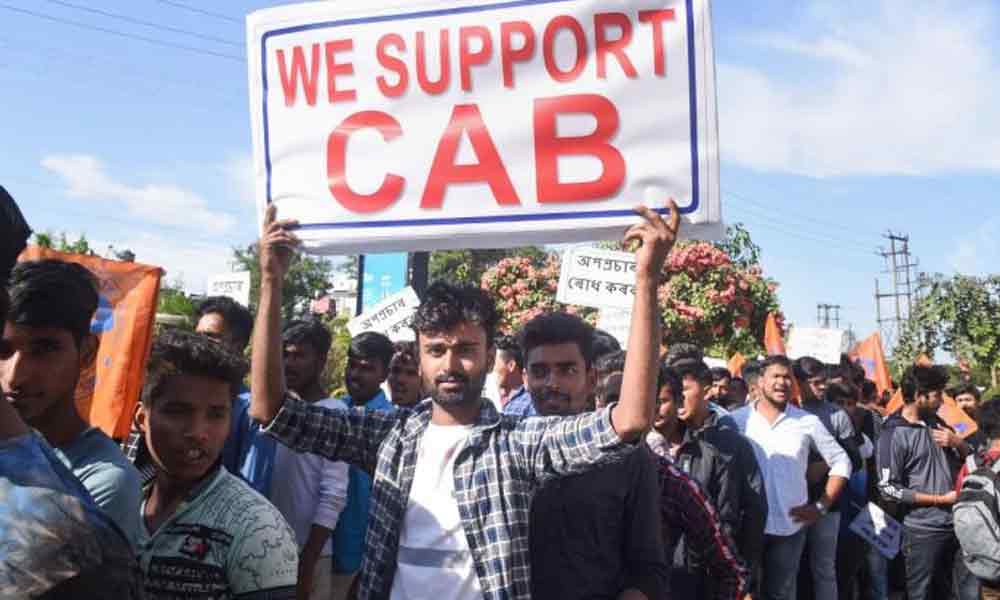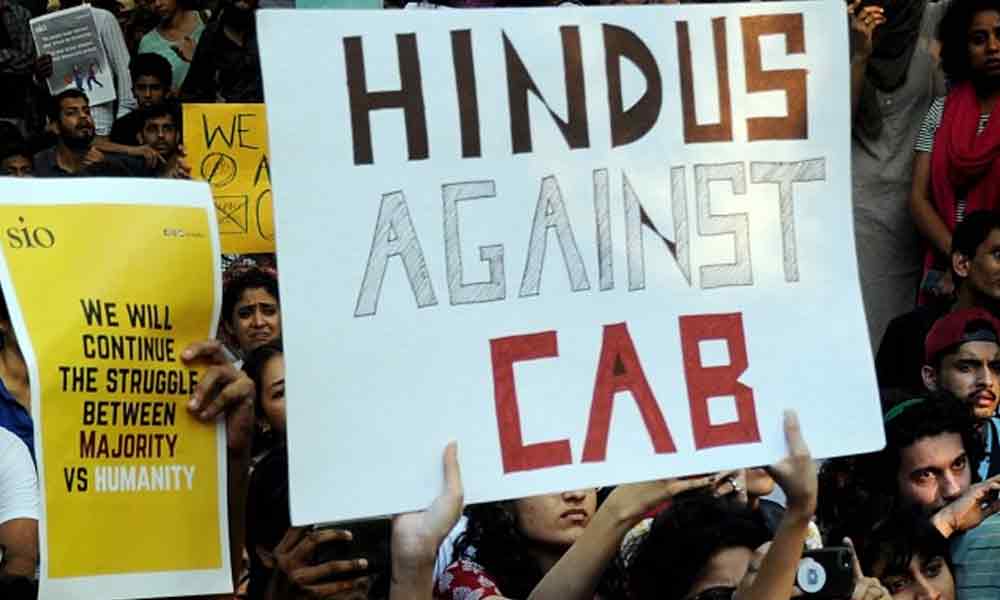The Citizenship Amendment Bill (CAB) passed by the Parliament on December 11, has made headlines across the nation for the past few days and not always for the right reasons.
The controversies surrounding CAB and NRC often leave us confused between the two. Read on to find out what each of these terms exactly means:
The National Register of Citizens (NRC):

The National Register of Citizens (NRC), launched originally in Assam, is a list that contains the names of all officially verified citizens of India. The main objective behind maintaining such a register is to filter out the illegal immigrants living in India. NRC was born when Assam’s population of 33 million inhabitants were required to prove their citizenship prior to 24th March 1971 following a judgment by the Supreme Court in 2013.
The eligibility criteria:
To be eligible to qualify as a citizen of India, the criterion was simple: the name of the person’s family members or of the person himself must have been there in the NRC list drafted in 1951 or in the electoral roll before 24 march 1971, the eve of the Bangladesh war. Apart from this, the applicant could use documents such as LIC policies, birth certificates, driving license, passport, bank accounts, and government employment certifications as evidence of his/her citizenship.
In case the person couldn’t come up with any of the abovementioned documents, he/she can file a case with the tribunal and later on with the High Court or the Supreme Court.
About 1.9 million people missed out their names in the final NRC released in August 31 2019.
The Citizenship Amendment Bill (CAB):
The CAB has stirred massive controversies across the country. The long, heated debates in both the houses of the Parliament reveals why this bill is surrounded with such controversies. The CAB undertakes to grant citizenship to all the non-Muslim immigrants (Hindus, Jains, Christians, Buddhists and Sikhs) from Pakistan, Afghanistan and Bangladesh on or before 31 December 2014. The illegal immigrants, who stepped foot on Indian soil before December 31 2014, no longer have to live in fear of being deported or jailed as they would be granted citizenship under the Citizenship Amendment Act.
The opposition claims that the bill is discriminatory on religious grounds and that it promotes the two-nation approach. Also, it excludes the Tamils from Sri Lanka from its scope.

However, the more disputable fact is that the bill contradicts the Assam Accord (which deals with the detection and deportation of illegal immigrants who settled in India, signed by the Government of India and Assam) and this has not gone down well with the north-eastern population segments. But the people in Assam, Nagaland and Tripura also face another grievance. They fear that this act would reduce them to the status of a minority in their own motherland and lead to an inflow of foreigners, economic disparities and loss of their culture.
The north-east states account for a total of 25 seats in the Lok Sabha and the BJP must be aiming to win the support of the immigrant population. But this move may prove to be a major political mishap for the nation and worsen the growing unrest in Assam.
While the protests are on a constant uprise, it is important that you are totally aware of both the acts and then decide for yourself if is for a better India!









